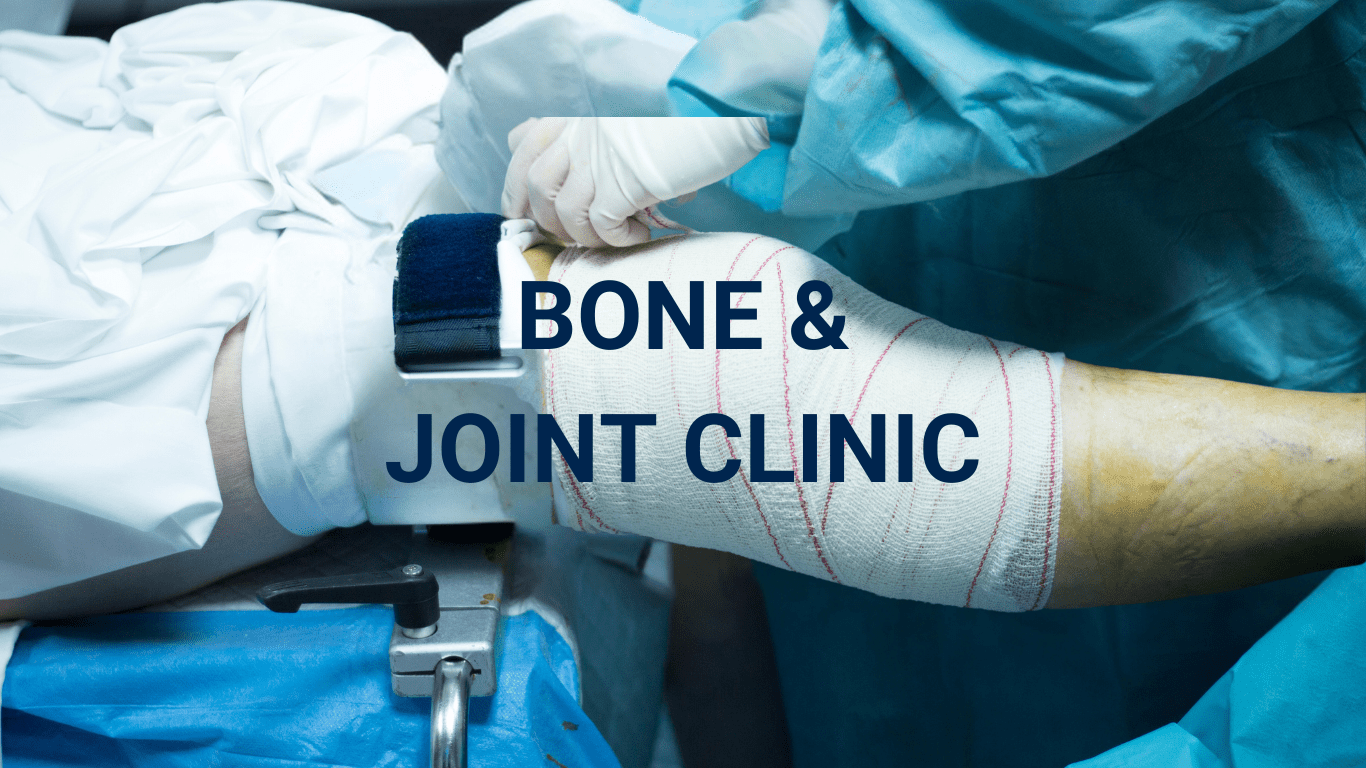Failed Trauma Surgery

“Failed trauma surgery” is a term used to describe situations where the results of a surgical procedure to address traumatic injuries do not meet the expected outcomes. It may involve a range of issues, including complications, unsatisfactory healing, recurrent injuries, or inadequate stabilization. The management of failed trauma surgery depends on the specific circumstances and problems encountered
Types of Failed Trauma Surgery
- Malunion:When a fractured bone heals in an improper position, resulting in misalignment or deformity.
- Nonunion:Failure of the fractured bone to heal, leading to persistent instability and pain.
- Implant Failure:Issues with hardware used for fixation, such as screws, plates, or rods, can lead to instability or complications.
- Wound Complications:Surgical site infections, wound dehiscence, or delayed healing can necessitate further treatment.
Treatments for Failed Trauma Surgery
The treatment for failed trauma surgery depends on the specific problem and its underlying cause:
- Revision Surgery: Reoperation to correct issues with alignment, hardware, or complications.
- Bone Grafting: For nonunions, bone grafts may be used to stimulate bone healing.
- Infection Management: In the case of infection, treatment involves antibiotics and, in some cases, removal of infected hardware.
Risks and complications
- Infection: The risk of infection is heightened in revision surgeries, and managing infection can be challenging.
- Blood Loss: Failed trauma surgery can involve significant blood loss, necessitating blood transfusions.
- Nerve or Vascular Injury: Revision surgery poses a risk of injuring nearby nerves or blood vessels.
- Hardware Complications: Hardware used for fixation may cause issues like irritation, loosening, or breakage in failed trauma surgery.
Recovery and Rehabilitation
- Immediate Postoperative Care: Patients spend time in the hospital for monitoring and pain management.
- Physical Therapy: Rehabilitation is crucial to regain strength, mobility, and function.
- Assistive Devices: Patients may require mobility aids or orthotic devices to support their recovery.
- Psychological Support: Coping with the failure of initial trauma surgery can be emotionally challenging, and counseling or support groups can help patients and their families.
Long-term Outcomes
- Functional Recovery: The extent of functional recovery depends on the specific problem and the success of revision surgery.
- Quality of Life: Successful correction of failed trauma surgery can enhance a patient’s overall quality of life by relieving pain and improving mobility.
- Adaptive Strategies: In some cases, patients may need to make lifestyle adaptations or accommodations to address any lasting effects of failed trauma surgery.

